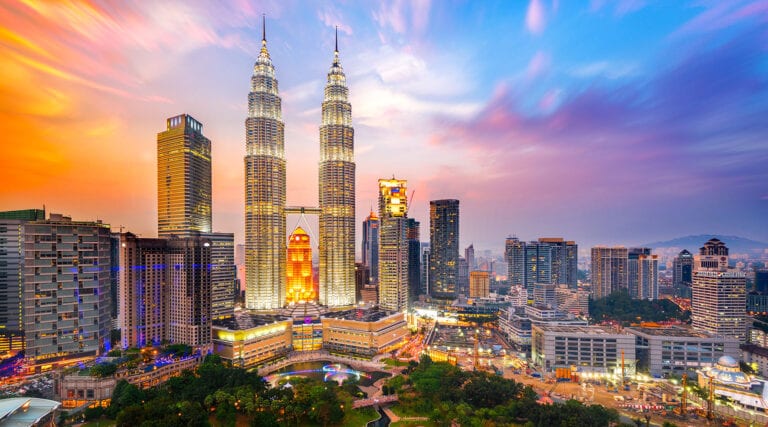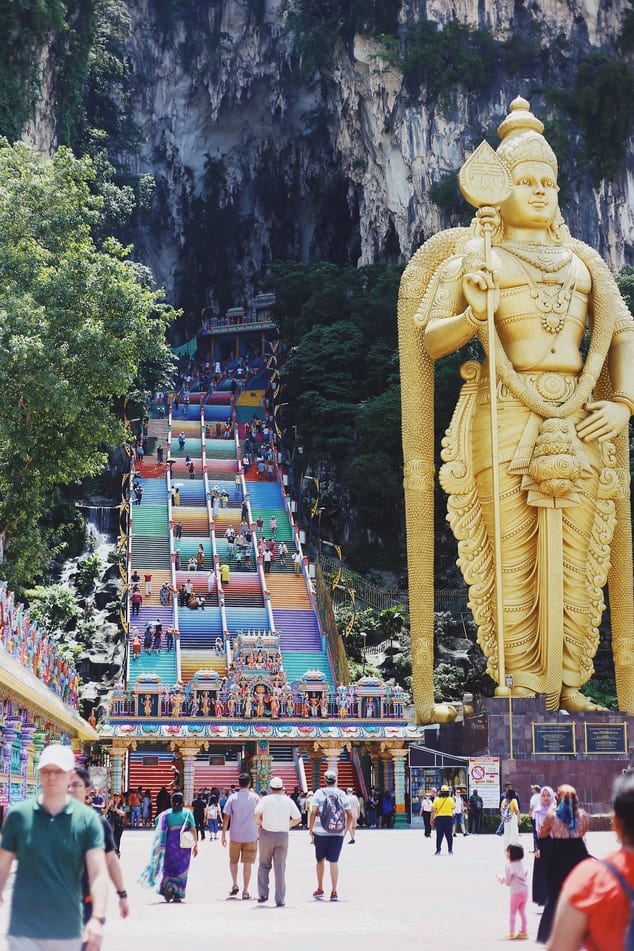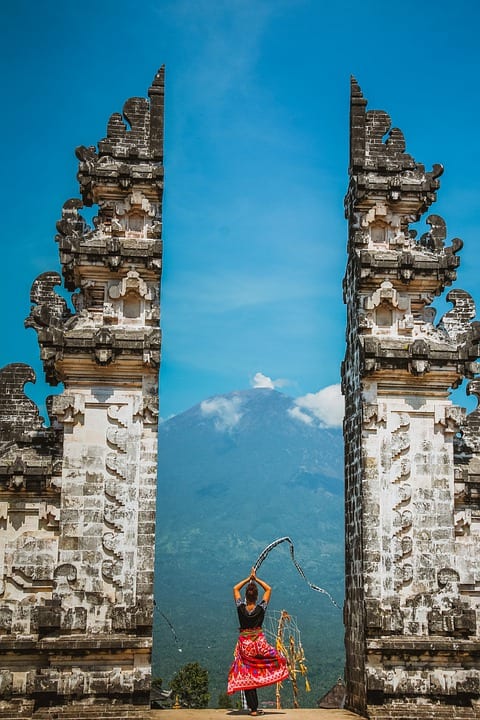Malaysian Prime Minister Tan Sri Muhyiddin Yassin has managed to seal an air travel bubble agreement with Indonesia over a recent visit to the country.
The purpose of the new travel bubble is to “revitalize the [tourism] sector” in both countries.
According to Datuk Seri Nancy Shukri, Minister of Tourism Arts and Culture of Malaysia, her country is actively exploring options to establish a number of travel bubbles with Brunei, Singapore, Thailand, Japan, South Korea, Australia and New Zealand. All countries internationally recognized for having controlled the spread of the virus in their territories.
Both, Malaysia and Indonesia, have recently experienced some sporadic spread of the virus within the community involving nationals and foreigners.
On February 2, Malaysia announced that it will extend their Movement Control Order (MCO) to all states and federal territories following a steady contagion rate of 3,500 new cases per day. This restriction will go until Feb 18.
Despite the surge in positive cases, Senior Minister for Security Ismail Sabri Yaakob said on Thursday that citizens will be allowed to celebrate the Chinese New Year with up to 15 family members from the same household.
For its part, Indonesia reached 1 million COVID-19 cases at the end of January. Only today, the country reported 10,823 cases and 163 deaths. However, in a country made up of 17,508 islands, some remote traditional groups have still not recorded a single case of COVID-19 throughout the pandemic.
Easing border restrictions that allow quarantine-free travel takes time though. It means that both, or all participant countries, are able to establish similar coronavirus-related regulations and other standards.
In this case, both countries seem to be determined to work on the details to open their travel bubble soon.
As of current, there are multiple bilateral travel agreements between countries in Asia Pacific. They are certainly not perfect, but good enough to allow countries to alleviate the economic downturn caused by the pandemic.
One successful example of an air travel corridor is the one established between China and South Korea. Nationals from both nations can go back and forth for business and official travel with only a negative COVID-19 test result and a short quarantine.
Multiple other countries are currently looking to open travel bubbles as well. For instance, Singapore is planning to allow entry to visitors from Brunei and New Zealand who can produce a negative PCR COVID-19 test result.
Additionally, the country is also open to cut short the quarantine period to arrivals from low-risk regions including most of Australia, China, Taiwan, Vietnam and Malaysia.
The Malaysia-Indonesia Green Lane launch date is still uncertain. As informed by Shukri, “Its implementation, however, is subject to bilateral discussions and considerations based on the aspects of health, immigration, data tracking, and ongoing monitoring by relevant agencies in both countries.”



